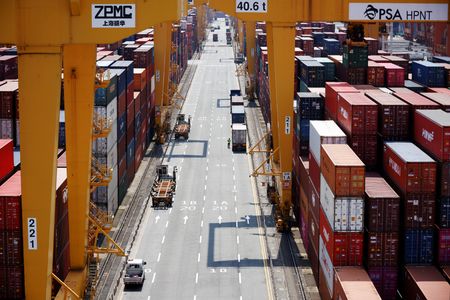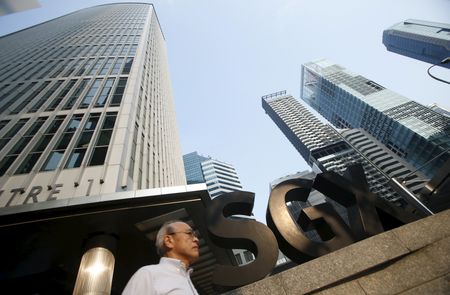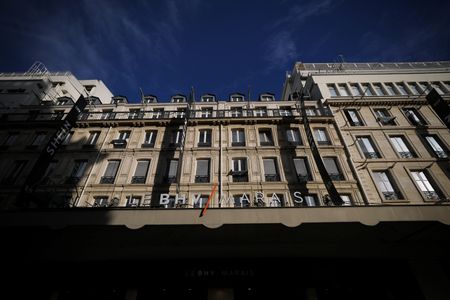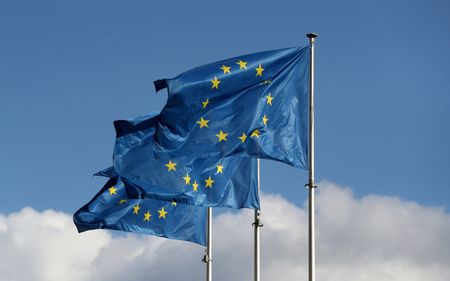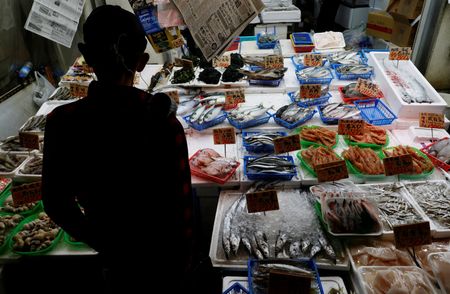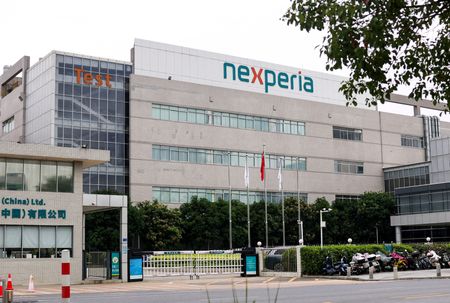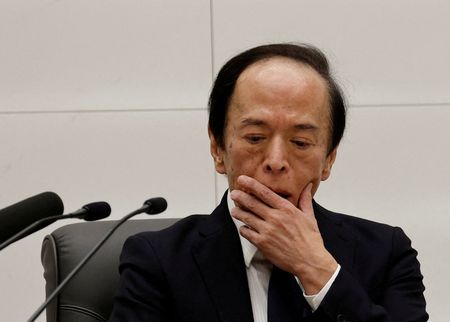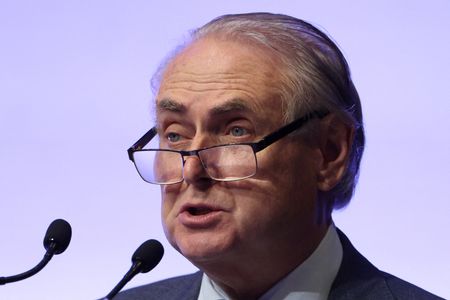SEOUL (Reuters) – South Korean officials have requested an exemption from U.S. reciprocal, steel and aluminium tariffs during their visit this week to Washington, the industry ministry said in a statement on Friday.
Deputy Minister Park Jong-won, who led the first major South Korean government delegation to visit Washington since U.S. President Donald Trump announced sweeping tariffs, argued that almost all tariffs between the two countries have already been eliminated under their free trade agreement.
As a major global exporter and top trading partner with the United States, South Korea has viewed Trump’s measures with increasing concern.
Park highlighted investments in the United States by South Korean companies and proposed holding high-level meetings with the Trump administration to discuss further cooperation, the ministry said.
He also met with members of Congress and pressed them to maintain incentives for South Korean companies to operate in the United States.
“In the future, the government will continue to consult at a high level on U.S. trade and trade measures, and will respond to minimize damage to Korean companies through close communication with the industry,” the ministry’s statement said.
South Korea’s Acting President Choi Sang-mok said last week the country had invested more than any other in the United States in the past two years and that should allow it to negotiate with the Trump administration on tariffs.
On Friday, Choi ordered authorities to reach out to the U.S. more actively to seek cooperation and monitor response measures being taken by others, such as the European Union, Japan and China.
Japan has asked Washington to exclude it from steel and aluminium tariffs, while China has responded to U.S. measures with retaliatory tariffs. The EU said this week it was ready to discuss trade deals and lower tariffs.
“Given their substantial role in supporting US economic objectives, we think Korea and Japan are in a strong position to seek tariff exemptions,” Standard Chartered economists said in note, citing the more than 20,000 U.S. jobs South Korea contributed in 2023, more than any other country.
Seoul’s responses to the Trump administration’s moves have been complicated by a political crisis sparked when President Yoon Suk Yeol briefly imposed martial law in December.
South Korea’s industry minister on Friday met with the acting U.S. ambassador in Seoul and said policies affecting trade and investment between the two countries should remain consistent and stable.
A delegation from the Korea Chamber of Commerce and Industry representing 20 South Korean companies also travelled to the U.S. this week to meet policymakers, including officials at the White House, who expressed satisfaction with the meeting, the Chamber said in a statement.
Choi, who took over after both Yoon and the prime minister were impeached, has yet to speak directly with Trump.
(Reporting by Josh Smith, Hyonhee Shin and Jihoon Lee; Editing by Leslie Adler, Sonali Paul and Christian Schmollinger)

